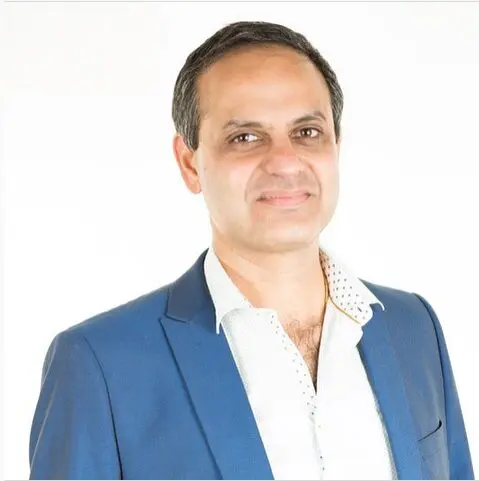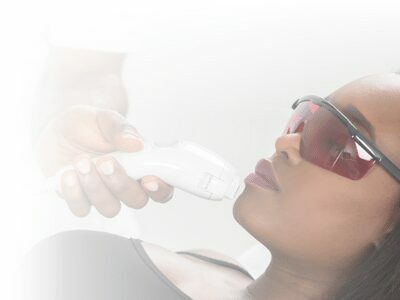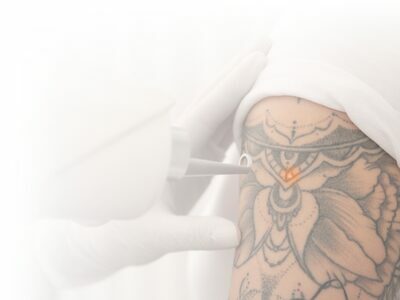Administered by a Qualified Doctor
Procedure time 30 minutes
No need for NHS referral
Flexible appointments available including evenings & weekends
Pricing
Exact cost of treatment will be confirmed during your consultation where we will answer questions and advise the best wart and verruca removal for your desired result.
To secure an appointment, your credit or debit card details will be secured against your booking. For free consultations, this is £25 with a practitioner or £50 for acne or injectables consultations. For all other chargeable consultations, appointments, test patches and reviews, please refer to our payment protection and cancellation policies for more information.
| Doctor consultations from |
£165.00
|
| Treatment | Single Treatment From | |
| Histology treatment | £151.00 |
£151.00
|
| Cryotherapy treatment | £201.00 |
£201.00
|
| Excision removal treatment | £248.00 |
£248.00
|
| Laser removal treatment | £228.00 |
£228.00
|
The sk:n promise
Our mission to deliver confidence through better skin is at the heart of everything we do. Our promise to you:
- Award-winning, unrivalled medical expertise. No one has more consultants, doctors and clinical expertise than sk:n, so no other dermatology provider comes close.
- Outstanding approach to client care for over 30 years. We’ve consistently delivered unrivalled, personalised client care, that’s always right for our clients. If you have a concern, you can trust us to solve it.
- Standards you can trust. Our market-leading medical, safety and training protocols and strict industry regulation means you can trust that your safety and care is our priority.
- We are the UK’s leading skin clinics. We’ve treated millions of clients, improving their self-confidence for the better – with some life-changing results.
Request a callback
One of our friendly sk:n advisors will call you to book your consultation.
- More than 450 consultants, doctors, nurses and medical practitioners
- Regulated by the Care Quality Commission, Health Inspectorate Wales and Health Improvement Scotland
- Partner of the NHS
- Rated excellent by our clients on Trustpilot
- Strict safety and care protocols

Our Expert Commentary
When should I seek professional advice and treatment?
Medical Director at sk:n, Dr Achuth Hosur, believes the earlier you seek advice, the better. Treatment is more effective at the earlier stages of wart and verruca development.
Professional treatments are more successful than over-the-counter remedies as they are more focused and are designed to completely remove the wart or verruca. We can still treat you if you have tried other methods and they haven’t worked.
We can even treat long-standing, resistant warts and verrucas!
Frequently asked questions
Are warts contagious?
Yes, warts are contagious and can easily be spread through contact to other areas of your face or body, as well as to others. After you have been infected, it can take weeks or months for a wart to actually appear on your skin.
Are there any side effects?
Some increased pigmentation in the skin may appear around the affected area, particularly for those with darker skin, although this is minimal and will disappear over time.
Can a verruca be cut out?
Yes, if your doctor decides that is the right treatment for you, the wart or verruca can be carefully cut out using a surgical scalpel.
Can you walk after verruca removal?
Yes, you should be able to go back to your normal daily activities. If this is not the case your doctor will discuss this with you in your initial consultation.
Do home treatments work?
There are of course various topical treatments you can use at home which are cheaper but less effective. Some may prove ineffective as warts become resistant and continually return.
Does laser removal leave a scar?
All of the treatments should not leave a scar but it may take several weeks or months for the area to return to normal.
Does Wart and Verruca Treatment Hurt?
The level of comfort depends on the removal technique recommended. Laser removal is virtually pain-free. In more sensitive areas, it is described as feeling like the flick of an elastic band. If you’re having either excision removal or cryotherapy, the area will be numbed with a local anaesthetic to ensure you are comfortable. After treatment the skin left behind may be tender for a few days and will need to be covered. It’s also best to use a high-factor sunscreen on the area for six months, as it will be more sensitive to sunlight.
How do you catch warts?
Warts are easily contracted through direct contact from a wart to healthy skin. It is also possible to develop a wart through contact with objects that have been touched by someone with a wart, for example towels, shoes and socks, or swimming pool floors. As warts are contagious, the best prevention is to treat them as soon as possible to avoid them spreading to other areas of your body, or to other people.
How Does Warts And Verrucae Removal Work?
The wart removal treatment at sk:n uses a Pulsed Dye laser to target and destroy it without damaging the healthy skin around it. The laser cuts off the blood supply to the wart, thus safely taking the wart out of the picture.
How many treatments will I need?
Your doctor will assess the size and location of the wart or verruca and advise you accordingly. Previously untreated or uncomplicated warts may be resolved in one treatment, in other cases further treatments may be needed to ensure optimum results. Where more than one session is required, a treatment is carried out every four weeks.
How Will I Feel During Warts and Verrucae Removal?
Although you may feel some mild discomfort, the laser does not generally cause any pain. Sometimes, patients with sensitive skin benefit from the use of anesthetic cream to numb the area during treatment.
Is the treatment painful?
While some mild discomfort may be felt, the procedure is quick and so most clients are happy to undergo treatment without the use of anaesthetic or painkillers.
Is wart and verruca removal expensive?
Your doctor will assess the number of warts and verrucae to be treated during your consultation and advise cost.
What are the black bits in a verruca?
The black or red-brown dots that are sometimes visible are smothered capillaries which are tiny blood vessels under the skin. The wart virus causes layers of skin to grow, so the capillaries die, hence the back dots.
What can I do to avoid warts and verrucae in the future?
You should wear comfortable shoes and make sure you don’t share shoes or socks with others, keep your feet clean and dry and change your socks daily. When your wart or verruca has been removed, make sure you don’t use the same nail file, pumice stone or nail clippers.
What Happens After A Wart or Verruca Removal Treatment?
Immediately after treatment the skin treated may be pink and tender for a few days. In some cases there may also be some blistering and you might need to keep it covered. Once the area has healed, you might notice some darkening of the skin where the wart or verruca used to be. This is temporary and the skin will go back to normal. Once the wart or verruca has been successfully treated, it will naturally dry up and fall off just as any other dead skin would.
What should I do after a wart or verruca has been removed?
Immediately after treatment, your doctor will apply cooling sk:n Aloe Vera Gel and Avène Thermal Water to the area to help soothe and hydrate the skin. There are no specific steps that you need to take after treatment and you can resume normal activities immediately. If you require more than one treatment, your doctor will advise you on how you can look after the area in between treatments.
When should I seek the advice of a doctor?
You should definitely seek the advice of a medical practitioner if you are worried that the wart or verruca is growing, keeps coming back, it is painful, bleeds or has changed shape. Also if you have a wart on your face or genital area, you should seek medical advice as soon as possible. Read about our team of experts.
Where On My Body Can I Have A Wart Or Verruca Removed?
You can have a wart or verruca removed from anywhere on your body. Our doctors have years of experience removing them from faces and sensitive and hard to reach places. We will choose the right removal method according to the area to be treated, in order to achieve the best possible results.
Will a wart or verruca heal on their own?
In some cases, yes, but this could take months or years. In children, they are more likely to heal on their own, but in adults and people with a weakened immune system, this is much less likely.
Will The Wart Or Verruca Ever Come Back?
The same wart or verruca will not grow back. Although if the virus that caused the wart or verruca is still active in your body, there is a possibility that new warts or verrucae may grow.





